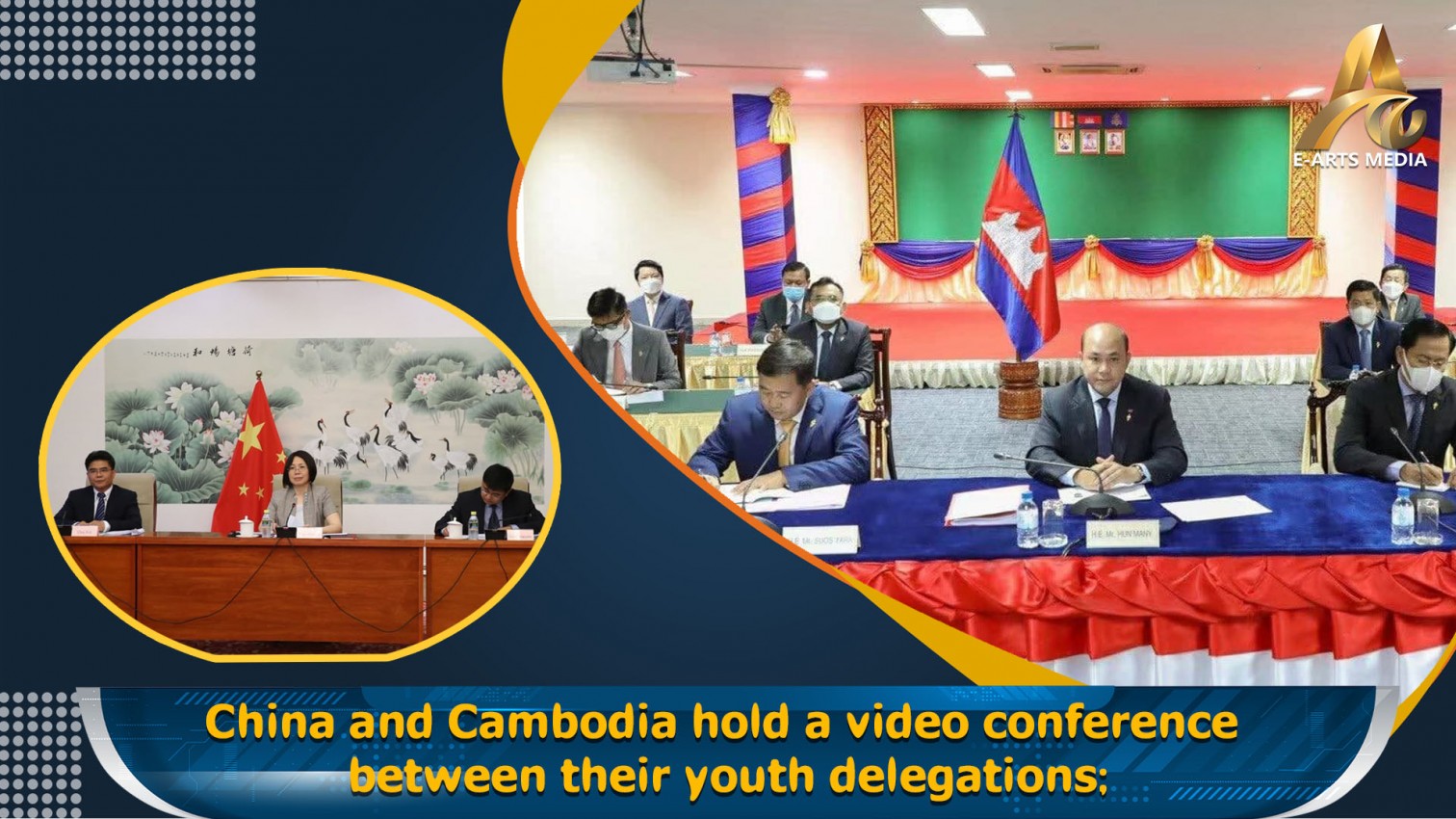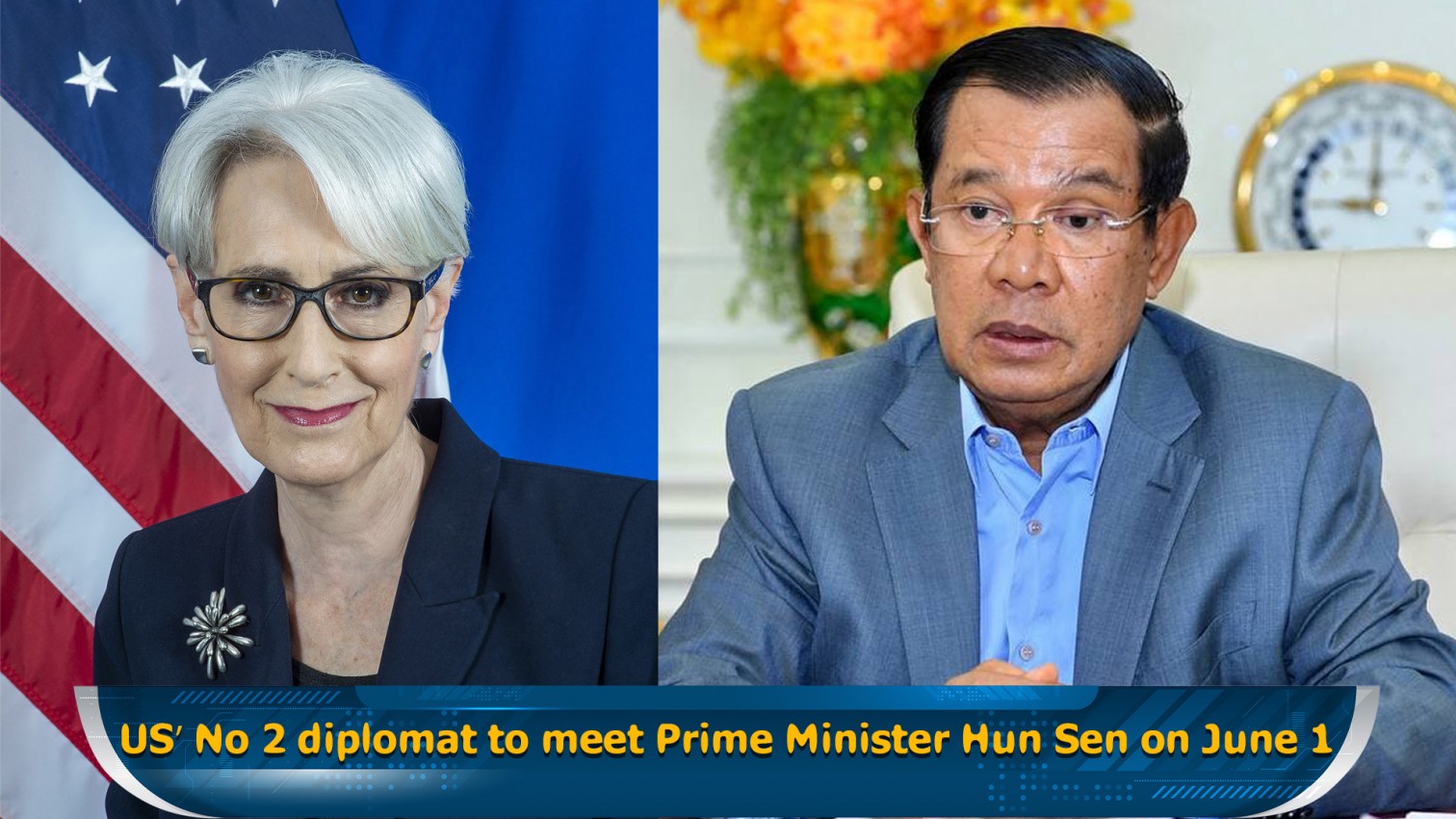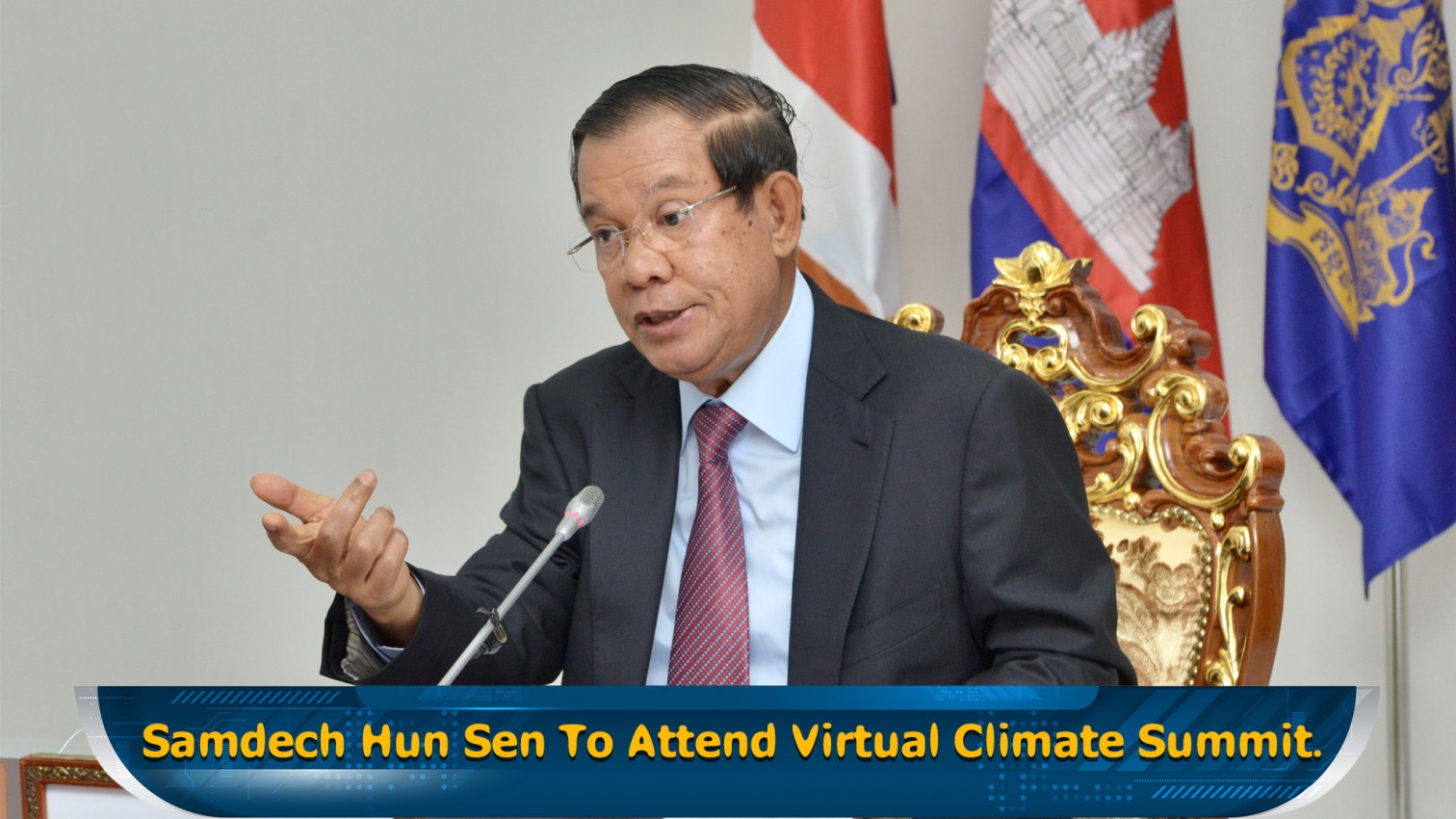PHNOM PENH: The current government has until August 22 to reform and restructure following the July 23 election. Prime Minister Hun Sen has made several announcements relating to the transfer of power, the most revelatory being that of handing over his position to his son, Dr. Hun Manet. On July 30, interim Prime Minister Hun Sen confirmed that his controversial Supreme Consultative Council (SCC) will remain after the government is reformed in August. He also hinted that parties who did not participate in the 2023 election may be able to send representatives to the council.
Speaking in a special audio message on July 30, the PM confirmed that the SCC will maintain the same structure it has had since its inception after the previous election in 2018, with a deputy head of the delegation and a secretary. The rest of the council will be comprised of three dignitaries from each political party that opts to join the council.
He left the decision of who will be allowed to join the SCC up to his son, incumbent Prime Minister Hun Manet, and his new government that is expected to take over on August 22, 2023. He said that it is possible that parties who did not participate in this month’s election could be able to join the council, so long as they are registered with the Ministry of Interior. This year the National Election Committee refused the application of major opposition Candlelight Party to run in the election, citing insufficient paperwork. This resulted in an outcry from opposition leaders and supporters and roughly 440,000 ballots being spoiled in protest.
The Supreme Consultative Council was established by Prime Minister Hun Sen in 2018, after his Cambodian People’s Party (CPP) swept the election and won all 125 seats in the National Assembly in addition to all seats in the Senate. He said the SCC was established to give a voice to Cambodia’s other parties, however the council has faced criticism from social observers who say it is purely performative without any real power. It has been accused of being inactive when it comes to important issues affecting the political parties’ constituents and seen as a move to legitimize the one-party dominance of the CPP.
The Prime Minister has defended the council as a means of developing the country in the spirit of national unity. “We need to gather all the input from political parties, whether they have seats in parliament or are political parties without seats,” he said.
While the Prime Minister meets with other ministers and advisors to end the 6th mandated government and begin the 7th in August, he is also publicly contemplating shifting power within the government and called on senior ministers to give up their positions for seats in the National Assembly. He noted that lower ranking officials, however, would largely be staying put.
On July 29, he released a voice message saying that all officials ranked as Secretaries of State and below will keep their positions, although they will be able to choose whether they will continue as Secretaries of State or Ministers Attached to the Prime Minister, the latter of whom report directly to the PM and the former to their relevant ministries.





















